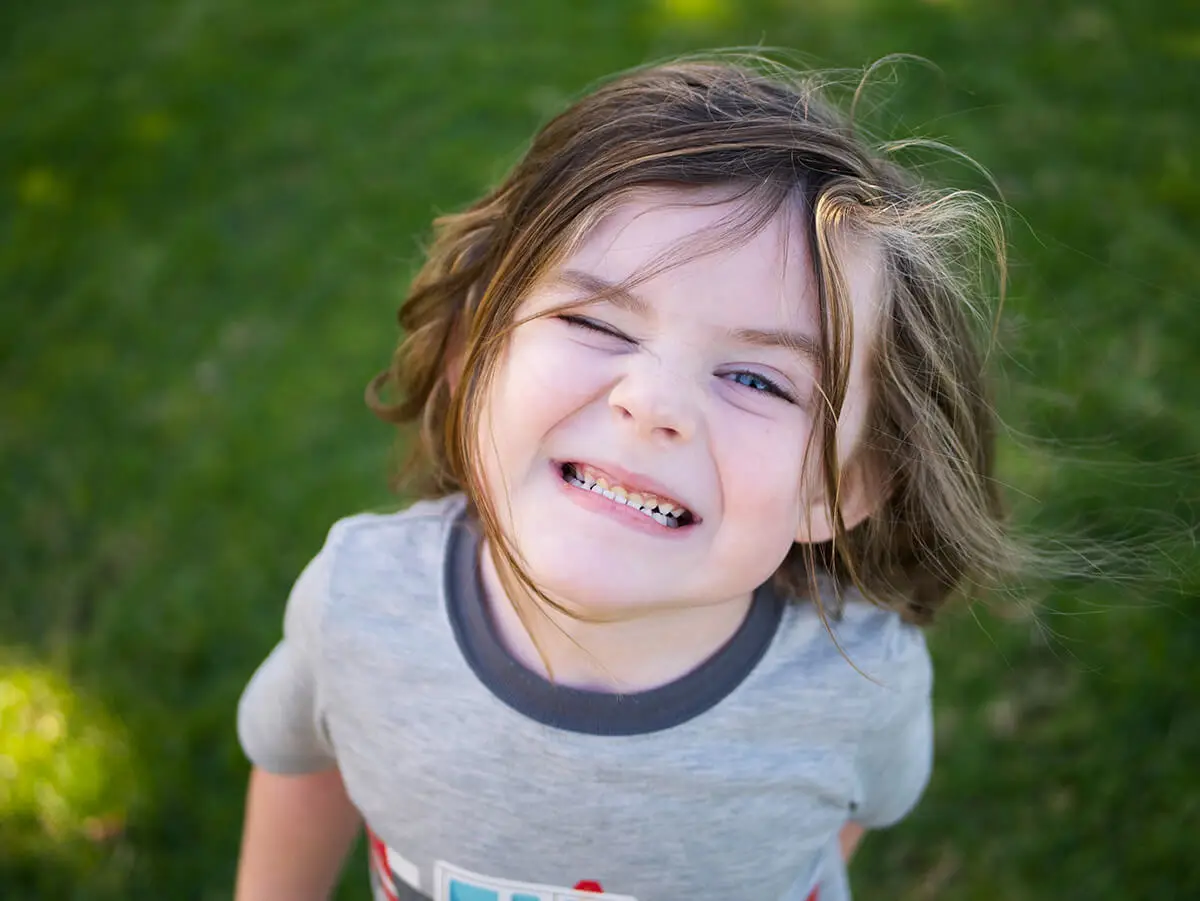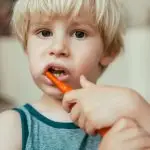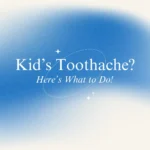Do you have a child who grinds their teeth while they sleep or even when they’re awake? Don’t worry, it’s possible that your child has bruxism – a condition where the masticatory muscles involuntarily contract, causing them to clench their jaws.
Bruxism occurs in children when baby teeth erupt or when a teenager already has all permanent teeth. The good news is that most children outgrow bruxism without any consequences, especially when it occurs during teething or changing teeth. It’s simply a natural response to the appearance and formation of their teeth. However, there are times when bruxism can become a problem and lead to tooth wear or other complications.
Bruxism in children is a variant of the norm during teething and changing teeth. So the muscles adapt to the appearance of teeth, to the formation of a milk or permanent bite. There is no consensus among specialists about the causes of bruxism in children. The following factors are usually mentioned: Stress – a strong nervous tension – is the most common cause of bruxism. For example, a child may worry about school exams/tests or a change in lifestyle (new sibling, moving house). Even arguments with parents and siblings can cause enough stress for a child to grind their teeth and clench their jaws in their sleep.
By the way, stress is not always negative. Positive events that cause a strong reaction in the child can also lead to bruxism. Some hyperactive children also suffer from bruxism.
Occasionally, children may grind their teeth because of an overbite problem. Other children grind their teeth in response to pain, such as earache or teething. The child does this to relieve pain.
Sometimes bruxism occurs in children with other conditions (such as cerebral palsy).
If you suspect that your child’s bruxism is related to stress or other psychological factors, it may be helpful to seek the help of a psychologist. The key is to address the underlying cause of the stress, as the grinding and clenching will likely continue until it’s resolved.
How To Treat Bruxism
No treatment is needed if bruxism is a variant of the norm and only a consequence of adaptation to a baby or permanent teeth.If there is a psychological component, then seek help from a psychologist. It is essential to consider that if bruxism is caused by stress, it will continue until the child gets rid of it. According to research, parents begin to pay more attention to the psychological comfort of the child, and gradually the nightly grinding of teeth disappears.
When Should You See Doctor?
So, when should you see a doctor? While most cases of bruxism don’t require treatment, it’s always a good idea to consult a dentist if you notice that your child grinds their teeth frequently or have concerns. A dentist can examine their teeth and assess any tooth wear, and provide recommendations for addressing the problem.
Remember, as a parent, it’s essential to pay attention to your child’s oral health and well-being. If you have any questions or concerns about your child’s bruxism, don’t hesitate to contact Little Kids Dentistry for a consultation with a dentist. Together, you can help your child overcome this common and often harmless condition. Do you still have questions regarding children’s mouthwash? Call your pediatric dentist in Los Angeles, South Gate, Santa Fe Springs, Panorama City immediately!
Little Kids Dentistry
See also:
- Managing Pediatric Dental Visits: Overcoming Children’s Fears, Anxieties, and Behavioral Issues with 3 Powerful Management Techniques
- Dental Trauma: 5 Tips How to Protect Your Child’s Teeth from Accidental Injuries
- Early Childhood Caries (ECC): What You Need to Know to Keep Your Child’s Teeth Healthy











